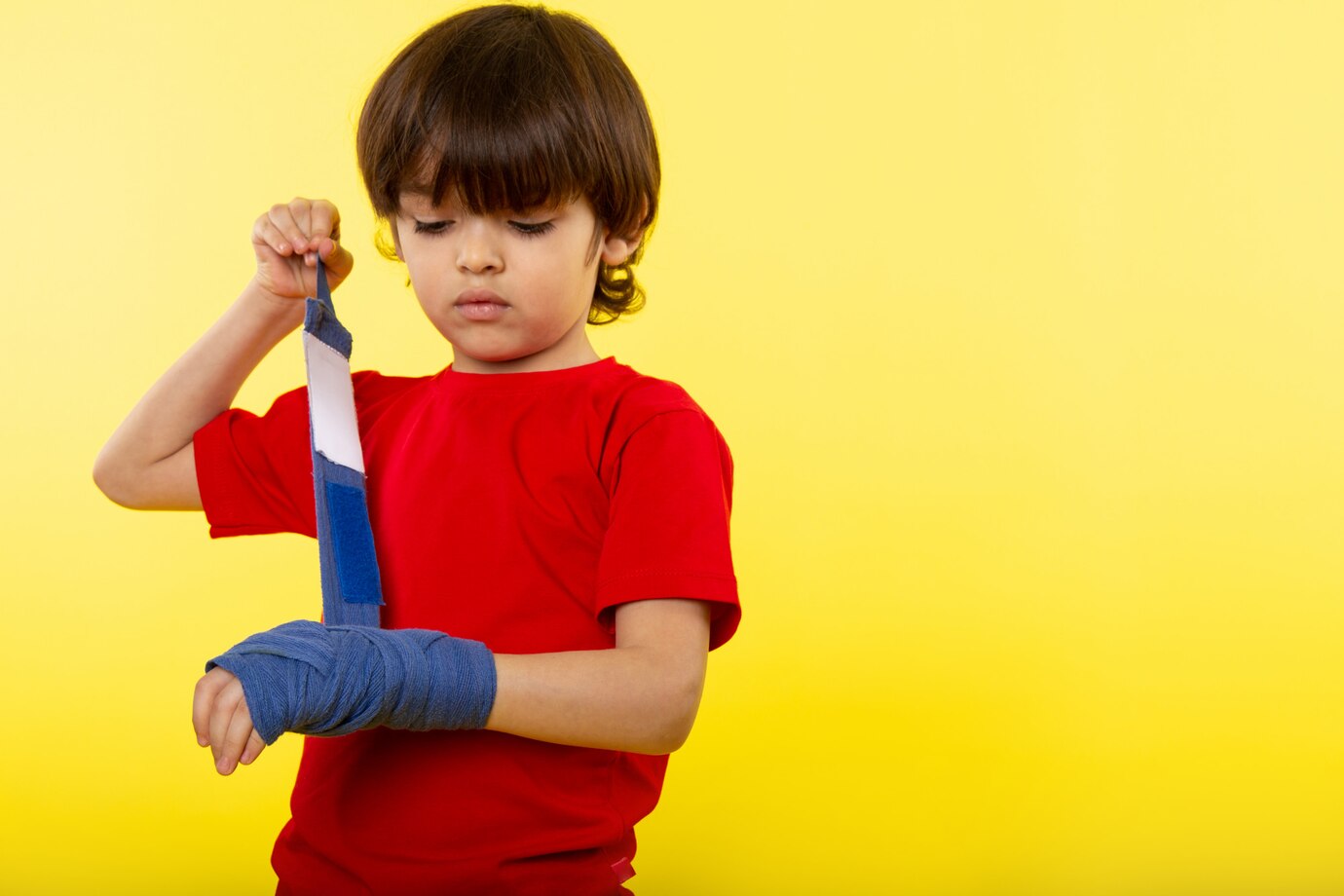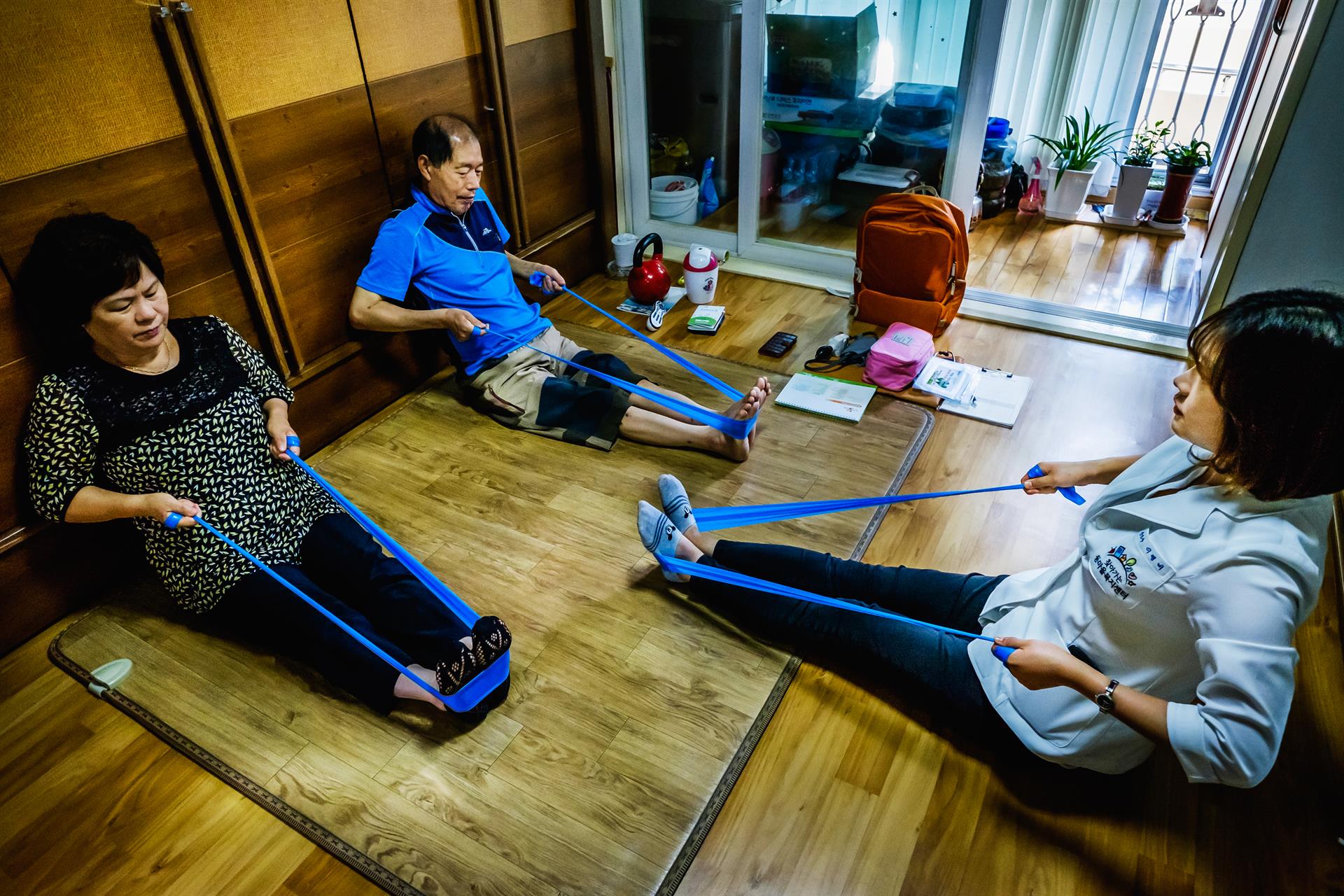Children are naturally curious and active, making them prone to various minor injuries. As primary care healthcare providers in the UK, it is essential to recognise, manage, and advise on these common injuries to ensure optimal care and guidance for both children and their caregivers.
Common Minor Injuries in Children
- Falls: Falls are the leading cause of non-fatal injuries among children. They can result in bruises, sprains, or fractures. Young children are particularly susceptible to falls at home, especially from furniture or stairs.
- Cuts and Grazes: Active play often leads to superficial skin injuries. While most are minor, proper cleaning and dressing are vital to prevent infection.
- Burns and Scalds: Contact with hot surfaces or liquids can cause burns. Immediate cooling under running water and appropriate dressing are crucial.
- Bruises: Minor impacts during play can lead to bruising. While common, it is essential to assess the severity and ensure there is no underlying injury.
- Sprains and Strains: Overstretching of muscles or ligaments during activities can result in sprains or strains. Rest, ice, compression, and elevation (RICE) are standard management steps.
- Minor Head Injuries: Bumps to the head are frequent. Monitoring for symptoms like dizziness or prolonged crying is essential to rule out serious injury. NICE guidelines should be consulted for paediatric head injuries.
Management and Advice
- Assessment: Conduct a thorough examination to determine the injury’s extent. For head injuries, refer to NICE guidelines for paediatric considerations.
- First Aid: Administer appropriate first aid, such as cleaning wounds or applying ice packs.
- Parental Guidance: Educate caregivers on at-home care, signs of complications, and when to seek further medical attention.
- Prevention: Advise on safety measures to minimise future injuries, like using safety gates or supervising play.
Professional Development Opportunity
To enhance your skills in managing paediatric injuries, consider attending the Expanding Skills in Paediatric Minor Injuries: A Virtual Study Day for Experienced Practitioners course offered by Practitioner Development UK (PDUK). This course is designed for practitioners who are competent in assessing minor injuries in adults but want to expand their expertise in working with children. It provides training on assessing and managing minor injuries in children, equipping practitioners with the knowledge to deliver effective care.
Conclusion
Managing minor injuries in children is a routine yet critical aspect of primary care. By staying informed and skilled, healthcare providers can ensure that young patients receive timely and effective care, promoting quicker recovery and continued well-being.
References
- Royal Society for the Prevention of Accidents (2021) ‘Accidents to children’. Available at: https://www.rospa.com/Policy/home-safety/Advice/Accidents-to-Children
- National Health Service (2021) ‘What to do if your child has an accident’. Available at: https://www.nhs.uk/conditions/baby/first-aid-and-safety/first-aid/what-to-do-if-your-child-has-an-accident/





